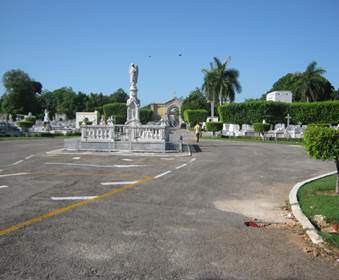Fernando Dámaso — Article 3 of the draft Constitution states: “The defense of the socialist homeland is the greatest honor and supreme duty of every Cuban.”
The Homeland, with a capital letter, is one for all Cubans, both for insiders and outsiders, regardless of how they think. It has never been ascribed. Céspedes, Agramonte, Maceo, Gómez and Martí did not refer to it as a revolutionary or independence homeland.
In the times of the Republic there was no liberal, conservative, or authentic, orthodox, or capitalist country, or anything like that. Nor does there exist a socialist Homeland. The Homeland is above all ideologies and all economic, political and social systems. The applied adjective is a manipulation used by totalitarian regimes. Here we have enjoyed others: socialist democracy, human rights that we defend, patriotic civil society, et cetera. In this case, it is an imposition.
On another point, Article 3 raises the absurd and unnatural demand that the established system is “irrevocable,” a “straitjacket” directed against future generations, who do not have to respect or comply with what is decided here, but will decide on their own, according to the situation that they live in.
As if all this were not enough, it states that “Citizens have the right to fight by all means, including armed struggle, when no other recourse is possible, against anyone who attempts to overthrow the political, social and economic order established by this Constitution.”
It is ironic that those who overthrew the order established by the 1940 Constitution, having promised that they would enforce it and respect it, try, with a warlike spirit, to prevent that event from repeating itself when new Cubans decide to do so. It is good to remember that, as recent history shows, failed regimes fall by the weight of their errors and incompetence.
This article seems more to be part of a doctrinal document of the Communist Party than of a Constitution, both in its content and its form.
These impositions and arbitrary demands, unfortunately, not only appear in Article 3, but are disseminated throughout the entire constitutional project, product of the simplistic and dogmatic vision of society, under which it has been developed. A document with these characteristics is born sentenced to enjoy a short life.

